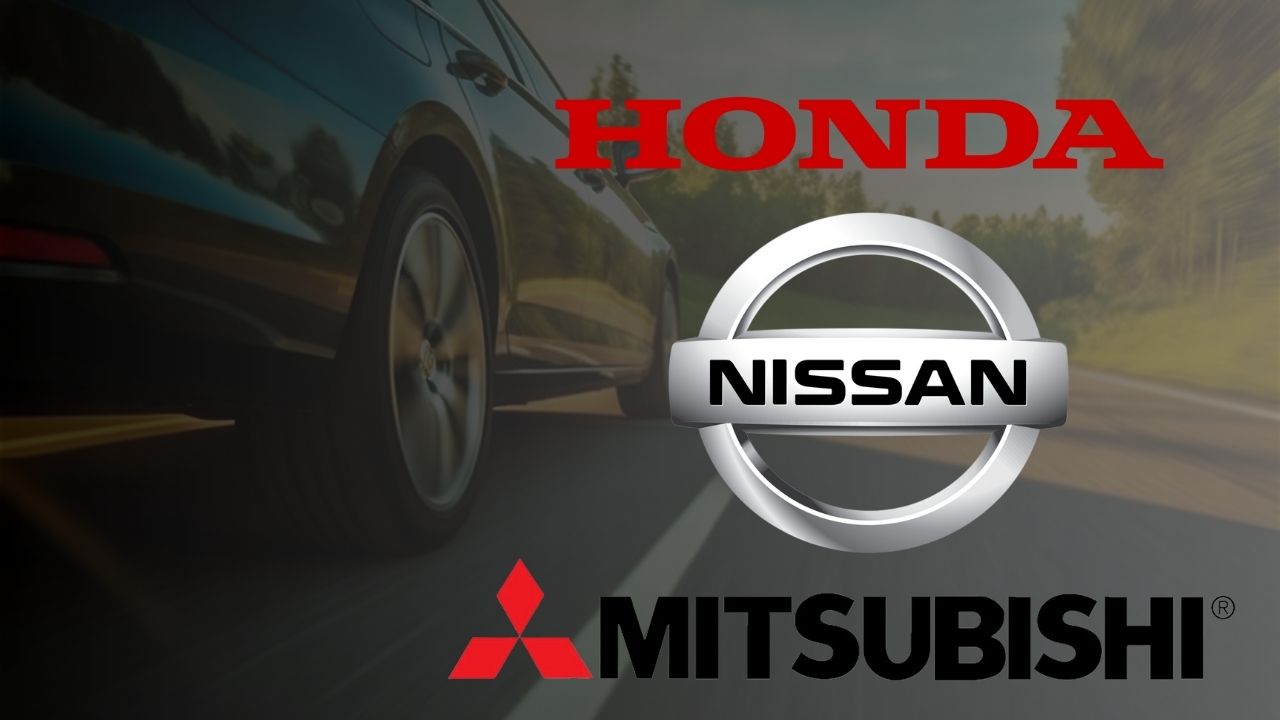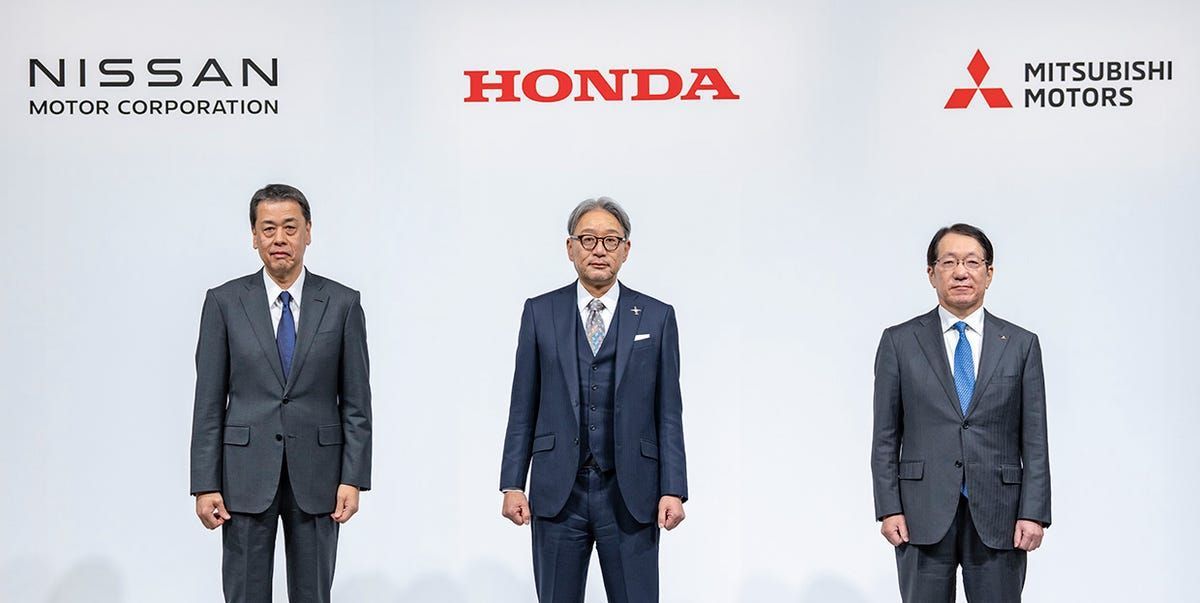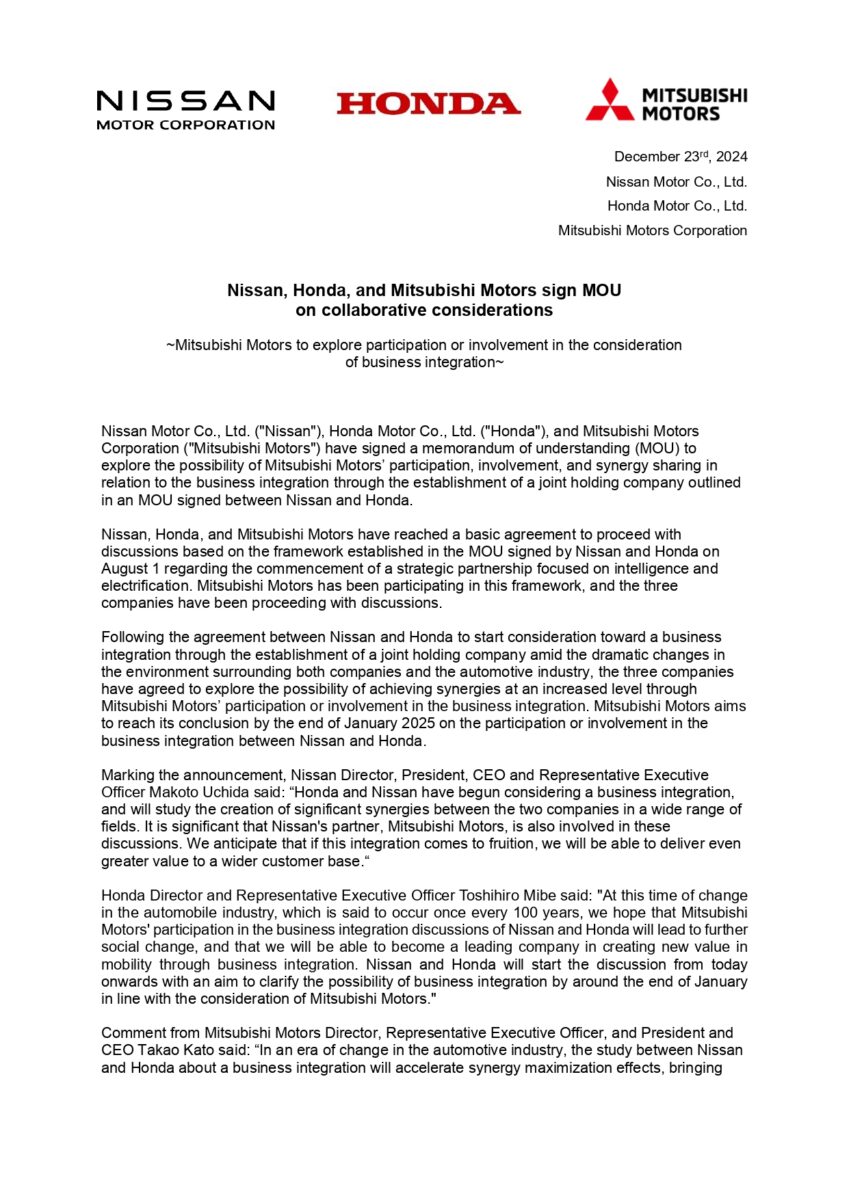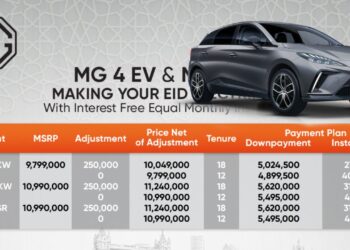The automotive industry is witnessing a potentially transformative development as Nissan Motor Co., Ltd., Honda Motor Co., Ltd., and Mitsubishi Motors Corporation have officially signed a memorandum of understanding (MOU).

This agreement signals their intent to explore the formation of a joint holding company, a move that could redefine the competitive landscape.

Signed on December 23rd, 2024, the MOU formalizes the collaborative discussions between the three Japanese giants. This development builds upon the initial agreement between Nissan and Honda, established on August 1st, which laid the groundwork for a strategic partnership focused on key areas like intelligence and electrification. Mitsubishi Motors has been actively participating in this framework, and the new MOU signifies a deeper exploration of business integration.
Exploring Synergies and a Shared Future
The core objective of this potential alliance is to identify and leverage significant synergies across the three companies. The announcement highlights the dramatic shifts within the automotive industry and emphasizes the need for companies to adapt and collaborate to navigate these changes effectively. The creation of a joint holding company would facilitate a more integrated approach to various aspects of their businesses, potentially leading to greater efficiency, innovation, and competitiveness.
Mitsubishi Motors is expected to make a pivotal decision by the end of January 2025 regarding their full participation in the business integration between Nissan and Honda. This timeline suggests an ongoing and thorough evaluation process to assess the benefits and implications of such a significant commitment.
Key Milestones on the Horizon
Should Mitsubishi decide to proceed, the next significant step is the anticipated signing of a definitive merger agreement between Nissan and Honda by June 2025. This legally binding agreement would outline the specifics of the business integration and the structure of the joint holding company.
The target for the establishment of this joint holding company is set for August 2026. This ambitious timeline underscores the commitment of all parties to explore this opportunity seriously and move forward expeditiously if the integration proves viable.
Executive Perspectives on the Potential Alliance
The announcement includes insightful comments from the top executives of the three companies, highlighting their strategic vision and the potential benefits of this collaboration.
Nissan Director, President, CEO and Representative Executive Officer Makoto Uchida stated, “Honda and Nissan have begun considering a business integration, and will study the creation of significant synergies between the two companies in a wide range of fields. It is significant that Nissan’s partner, Mitsubishi Motors, is also involved in these discussions. We anticipate that if this integration comes to fruition, we will be able to deliver even greater value to a wider customer base.” This statement emphasizes the potential for enhanced value creation and a broader reach through the alliance.
Honda Director and Representative Executive Officer Toshihiro Mibe echoed this sentiment, saying, “At this time of change in the automobile industry, which is said to occur once every 100 years, we hope that Mitsubishi Motors’ participation in the business integration discussions of Nissan and Honda will lead to further social change, and that we will be able to become a leading company in creating new value in mobility through business integration. Nissan and Honda will start the discussion from today onwards with an aim to clarify the possibility of business integration by around the end of January in line with the consideration of Mitsubishi Motors.” Mibe’s comment highlights the historical significance of this potential alliance in the context of the rapidly evolving automotive landscape.
Mitsubishi Motors Director, Representative Executive Officer, and President and CEO Takao Kato added, “In an era of change in the automotive industry, the study between Nissan and Honda about a business integration will accelerate synergy maximization effects, bringing” – the statement is intentionally cut short in the press release, but the clear implication is a positive outlook on the potential for synergistic benefits.
Building on a Foundation of Collaboration
The MOU explicitly references the initial agreement between Nissan and Honda signed on August 1st. This prior agreement focused on establishing a strategic partnership, particularly in the crucial areas of intelligence and electrification. The inclusion of Mitsubishi Motors in this broader discussion suggests a desire to amplify these collaborative efforts and explore even deeper levels of integration.
Implications for the Automotive Industry
This development has significant implications for the global automotive industry. A potential alliance between Nissan, Honda, and Mitsubishi would create a formidable force, potentially rivaling some of the largest automakers in the world. Such a collaboration could lead to:
- Shared Resources and Development: Pooling resources could accelerate the development of new technologies, particularly in electric vehicles and autonomous driving.
- Cost Efficiencies: Integrating supply chains and manufacturing processes could lead to significant cost savings.
- Expanded Market Reach: Combining their global networks could provide access to new markets and customer bases.
- Increased Competitiveness: A stronger combined entity would be better positioned to compete in the increasingly competitive global market.
Looking Ahead
The signing of this MOU is just the first step in a potentially long and complex process. The coming months will be crucial as Mitsubishi Motors evaluates its participation and as Nissan and Honda continue their discussions regarding the specifics of their business integration. The automotive world will be closely watching as these three major players explore the possibilities of a shared future.



















